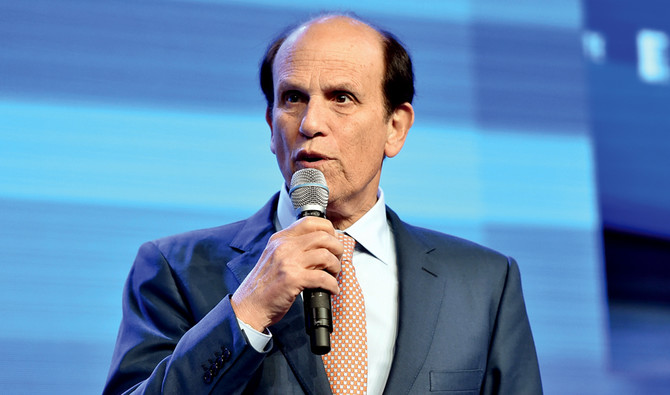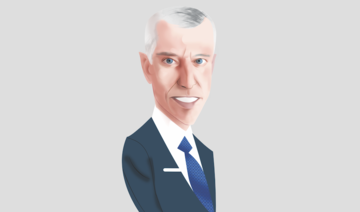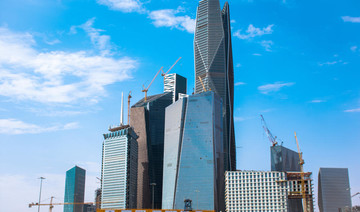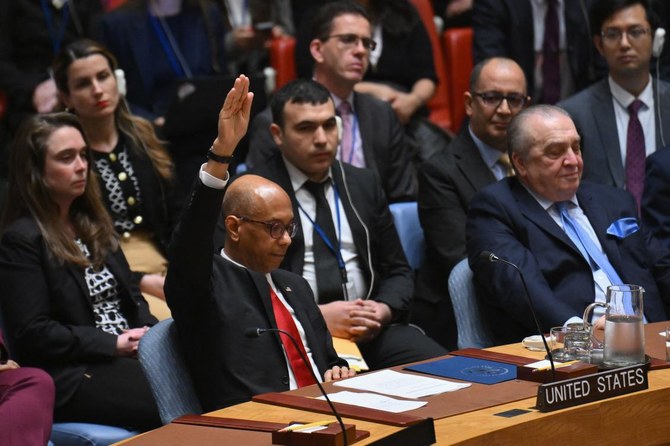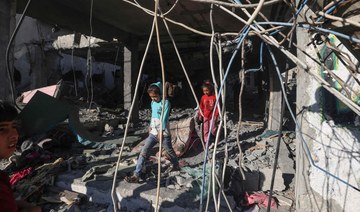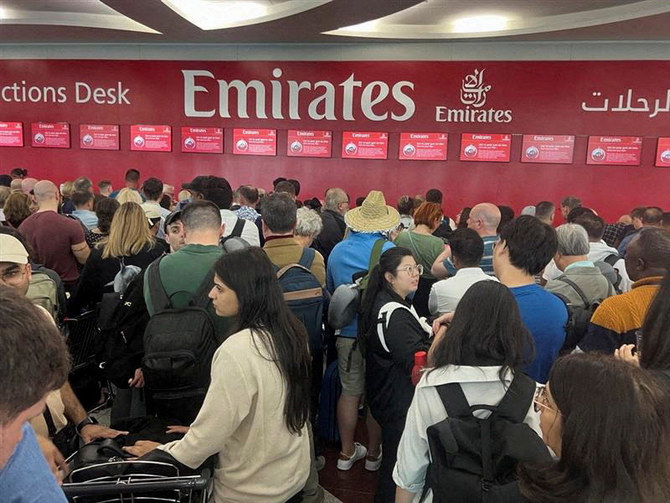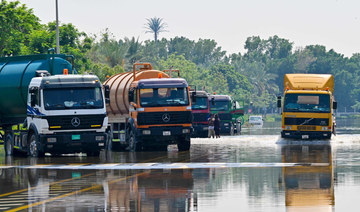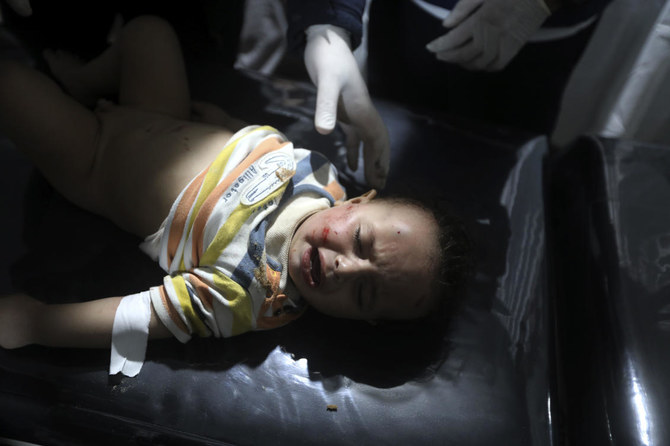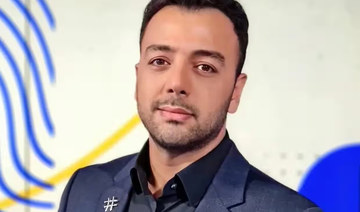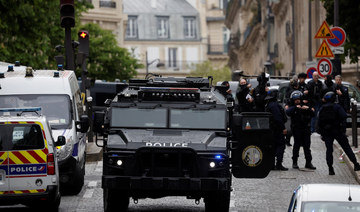ABU DHABI: On the margins of the Milken Institute’s second MENA Summit, I had a chance to sit down with Michael Milken. We had a conversation about his journey from growing up in California to becoming a major fixture in the global philanthropic firmament.
He is proud to have been born in 1946, which was the first year of the baby boomers. That “vintage” included US presidents Bill Clinton, George W. Bush and Donald Trump. Milken says his generation was brought up by the most generous generation, who had gone through the hardships of World War II. The baby boomers benefitted from their values.
The first global event to influence the young Milken was when the Russians launched Sputnik. At the tender age of 11, he sent the then-US president his application to run the space program. That first career wish did not come to fruition, but Milken went on to have a stellar career on Wall Street and simultaneously started founding philanthropic organizations.
When asked why he pursued philanthropy simultaneously with finance, he says both were related because both were tied into his vision of helping individuals reach their potential. Making finance accessible to everybody was part of that vision.
After the Watts riots of 1965 in Los Angeles, he spoke to a young African American who explained to him that he could not obtain financing to start a business on account of his socioeconomic and racial background. The young Milken understood that if one wanted to break the cycle of deprivation and violence, people needed to be given access to economic participation. He swiftly changed his major at Berkeley to business and finance.
According to Milken, access to capital is just as important to leading a fulfilled life as are the fundamental rights to life, liberty and the pursuit of happiness, as they are stipulated in the US Declaration of Independence. He feels deeply that people can only achieve their full potential if they are afforded an opportunity to build a prosperous life.
After Berkeley, Milken went on to do an MBA at Wharton, then joined the most blue-blooded of Wall Street firms, Drexel Burnham Lambert, which was taken over by Smith Barney in 1990. He began his philanthropic endeavors while at Drexel.
Milken became interested in medical research in 1972 for family reasons. He is also passionate about education because together with health and capital, he feels it builds the foundation enabling people to live truly productive lives.
By 1982, he co-founded the Milken Family Foundation as a way to provide a formal structure to his previous philanthropy. The medical researchers he supported went on to create many treatment breakthroughs, and two of them later earned Nobel Prizes. He believes effective philanthropy is more than writing checks — it involves deep personal involvement in finding solutions to society’s challenges.
In 1991, he founded the Milken Institute, a nonprofit, nonpartisan think tank whose scholars lead an international dialogue on solutions in the areas of economics, health, aging, human capital, philanthropy and capital markets. The institute hosts more than 200 annual events worldwide, including major summits in London, Singapore, Abu Dhabi, Los Angeles and Washington, DC.
When asked where philanthropy should support existing governmental or business structures and where its efforts are complementary, Milken proves to be a realist. He says only 3 percent of successful medical research is funded by charities.
He adds though that these philanthropic endeavors “play the same role in medical research as venture capital does in finance.” In other words, philanthropists are willing to take risks where others do not, and so fulfill an important function as a catalyst.
Affording people the opportunity to live healthy and productive lives is really what Milken stands for. This is also reflected in how he looks at countries. He is a big fan of Singapore which, in the span of less than 60 years, came from nowhere to be best in the class as a modern society.
This is also how he looks at the UAE. He admires the vision of the country’s founding father, Sheikh Zayed bin Sultan Al-Nahyan. It has turned the UAE into a thriving country that no longer relies only on its oil resources.
The UAE has become a great place to do business, a global cultural center and a major tourist destination. What impresses Milken the most is the drive for tolerance. “There’s even a Ministry for Tolerance,” he said. Milken is also impressed with what Saudi Arabia wants to achieve with its Vision 2030 reform plan.
He never tires of comparing the UAE to Libya. In 1960, the two countries had about the same per capita gross domestic product (GDP). They both had oil in abundance. Libya even had the proximity to Europe and beautiful Mediterranean beaches. Yet the UAE has become a preferred tourist destination while Libya struggles. According to Milken, “it all comes down to leadership and vision.”
The thread of leadership and vision enabling people to have access to education, health care and capital weaves through the whole of our conversation. This brings us to the Milken Institute’s second MENA Summit, which took place in Abu Dhabi on Feb. 12-13. Milken is proud that he has been able to introduce the region to more people. He said 30 percent of those attending the first summit had never visited the Middle East.
At the second summit, the number of participants had doubled, but only 20-25 percent had never been to the region before. Here again, he is on a mission to educate the world about the good things happening in the Middle East.
When asking him what keeps him up at night, he says: “The fear that so many people lack opportunities.” For Milken, the ability to live a productive and prosperous life is an indispensable condition whose cornerstones are access to education, skills, health care and capital, supported by an environment that guarantees the rule of law and property rights. His golden formula is that prosperity equals the impact of finance acting as a multiplier to human capital, social capital and real assets.
Milken believes in giving everybody an opportunity to live a healthy, prosperous and happy life. What is most impressive about the man, though, is that despite having had his ups and downs and having achieved so much, he has remained humble and treats everybody with the same courtesy and respect.
• Cornelia Meyer is a business consultant, macro-economist and energy expert. Twitter: @MeyerResourcess


